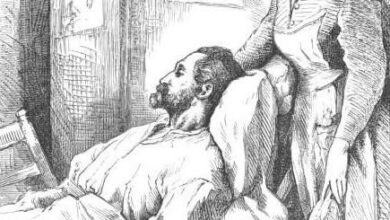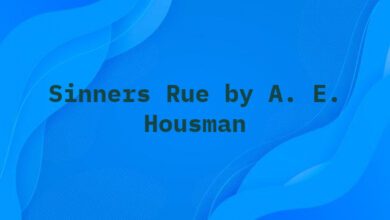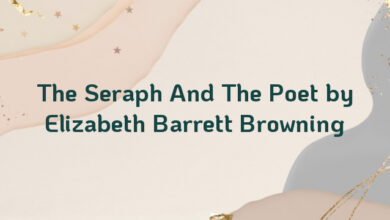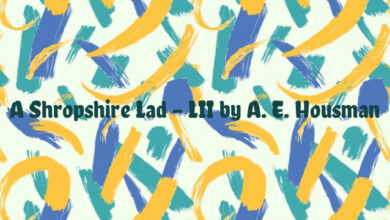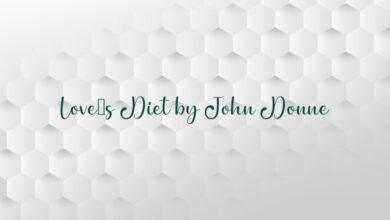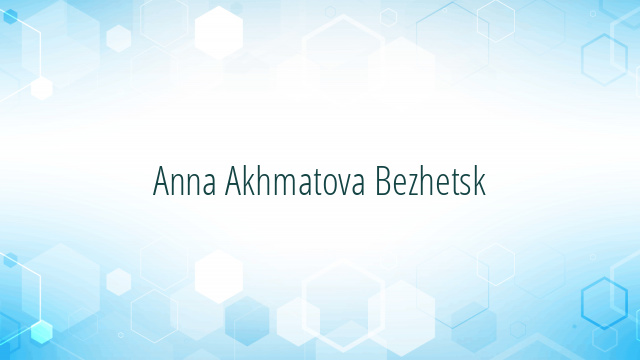
Poetry
Anna Akhmatova Bezhetsk
White churches there, and bright crackling ice,
There my son’s cornflower-blue eyes blossom.
Above the old town, nights are diamond-bright, Russian:
More yellow than lime-flower honey, the moon’s slice.
Dry snow-storms blow from the plains beyond the river,
And, like angels, men are glad on God’s Holy Day.
They’ve cleared the best room, icon lamps play,
On the oak table you’ll see the Good Book’s cover.
There, ungenerous to me now, Memory so severe,
Bowed low, opened her tower rooms as well;
But I slammed the fearful door, did not enter:
While the town rang with cheerful Christmas bells.
Note: Bezhetsk is about 140 miles north of Moscow in the Tverskaya
Oblast Region. The poem is dated 26th December 1921.
